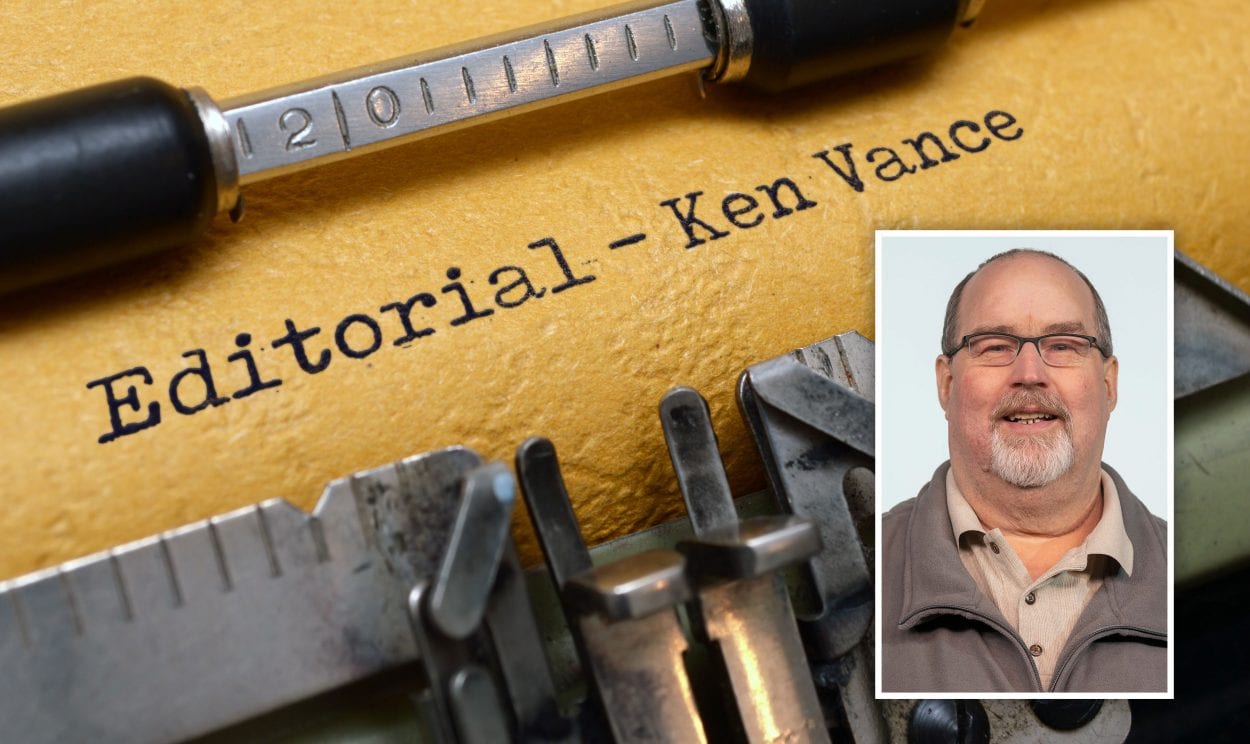
Attempts to block implementation of I-976, approved by voters in November, need to end … but likely won’t
A veteran, and influential leader in the Washington State Legislature made a compelling argument Wednesday as to why efforts to block the voter-approved I-976 need to end. Sen. John Braun says Republicans in both the House of Representatives and the Senate agree and so does this writer.
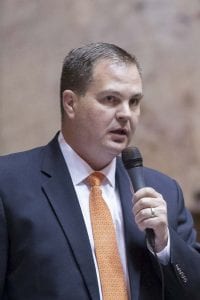
Braun (R-Centralia), budget leader for Washington’s Senate Republican Caucus, made a compelling statement following Wednesday’s adoption of the first quarterly state-government revenue forecast for 2020.
The forecast indicates revenues for the 2019-21 budget cycle are $606 million ahead of the November 2019 forecast, for a total estimated revenue gain of $1.5 billion since this past year’s legislative session ended in April.
“Senate Republicans are listening to the people across our state, and the people clearly want $30 car tabs,’’ Braun said. “We have legislation to make that happen, and today’s revenue forecast makes our legislation even more viable. It’s no surprise that House Republicans are on the same page, as they also respect the message sent by the passage of Initiative 976.
“Government can always find something to do with more money; the question is whether the majority side will do something that is good for all of Washington. Lowering the cost of car tabs certainly qualifies. This forecast should make it harder for the majority to ignore the wish of the people; it also crushes the governor’s false claim that K-12 funding would be affected by our common-sense proposal to fund transportation needs with tax revenue from vehicle sales.
“This session, the majority side has passed a new billion-dollar tax on employers. As of today, revenues are running $1.5 billion ahead of predictions. If the forthcoming supplemental-budget proposals from the House and Senate Democrats don’t include a clear path to $30 car tabs, taxpayers will have even more reason to wonder who has the majority’s ear.”
The voters spoke in November
I-976 was passed by voters in the November 2019 election with 53 percent of the vote. The initiative, which repeals or lowers certain vehicle registration fees and taxes, is commonly referred to as the $30 car tab initiative.
The initiative, the brainchild of anti-tax activist Tim Eyman, would lower some state vehicle registration fees and strip local government’s authority to impose their own car tab fees, which are used for road and transportation projects.
After the initiative was approved by voters, a number of groups immediately filed a lawsuit, claiming I-976 was unconstitutional and that voters were misled about what would be the impact of the initiative. Critics have even resorted to attacks on Eyman, which are largely unrelated to I-976 in this writer’s opinion.
Just recently, a King County judge mostly upheld I-976, but opponents are expected to appeal that decision, which means the legal fight over the initiative is likely far from over.
My original question
Back to my original question, which was will our elected officials do the right thing when it comes to I-976? The answer is quite likely, they won’t. Rep. Vicki Kraft (R-Vancouver) addressed the situation in a legislative town hall just last month here in Vancouver.
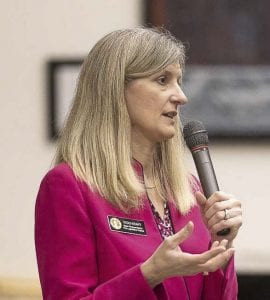
“It’s ridiculous. The voters have spoken,” Kraft told those in attendance.
Kraft noted two of her Democratic colleagues went so far during a legislative forum held in January to say that the will of the voters sometimes should be ignored.
“I thought, ‘you guys, really, don’t,’” said Kraft, adding that she has signed on to cosponsor a bill introduced by Rep. Jesse Young (R-Gig Harbor) that would implement the $30 car tabs immediately. HB 2227 has had a first reading and is now awaiting further action in the House Transportation Committee.
Nothing new for tax and spend lawmakers
In April, I wrote about the actions of lawmakers during last year’s legislative session to continue to raise taxes in spite of a budget surplus.
Opinion: It might not qualify as ‘Black Friday,’’ but it certainly was a dark day for Washington taxpayers
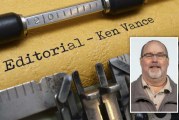
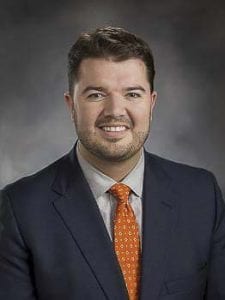
Specifically, members of the Washington State House Finance Committee had voted to increase taxes on residents of the state by more than $4 billion over the next four years. The vote was split by party affiliation, with the nine Democrats voting in favor and the four Republicans (including Brandon Vick, R-Vancouver) voting against. The new taxes approved by the committee included:
- A capital gains income tax
- A Business and Occupation tax surcharge on services
- A graduated real estate excise tax
- A change to the nonresident sales tax exemption, turning it into an annual remittance program
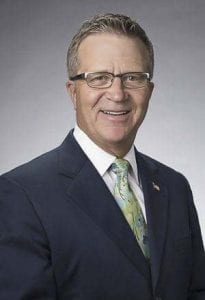
Vick and fellow 18th District Rep. Larry Hoff (R-Vancouver), issued a joint statement at that time.
“Despite record revenues, a $3 billion surplus, and voters rejecting tax increases time and time again at the ballot box, the majority party continues to show blatant disregard for anything resembling fiscal sanity. If these new taxes are signed into law, along with the House majority’s proposed spending plan, we will not only have ignored voters’ wishes, but we will also have increased spending by 70 percent since 2013.’’
Tax increases were indeed signed into law before the 2019 session ended. So, even with billions of dollars of additional revenue consistently pouring into the state’s coffers, some lawmakers just can’t find it in them to allow us to keep any more of our hard-earned income and it’s quite likely going to continue.




